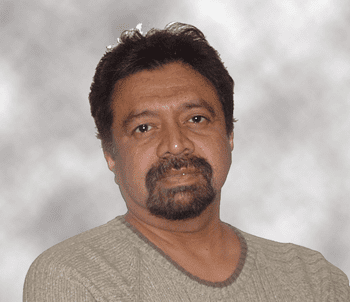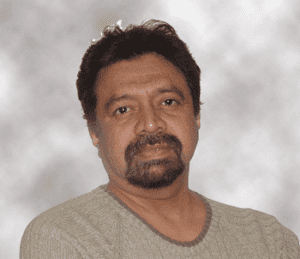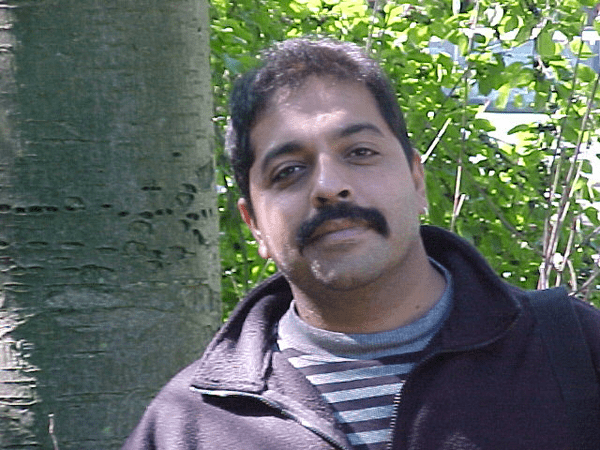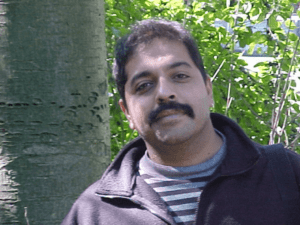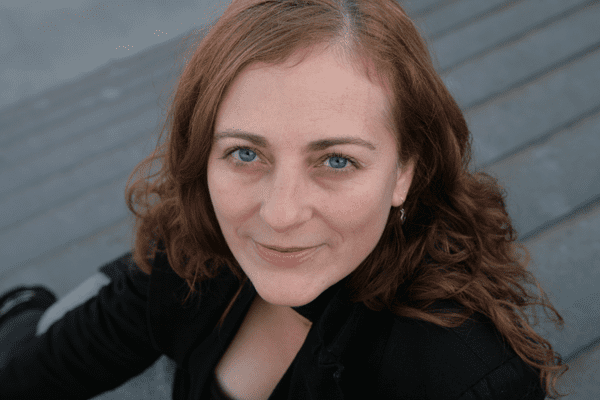
Sheila Murray’s involvement with Diaspora Dialogues predates the launch of its long-form mentorship program. About five years ago when DD was still running short-form mentorships, she submitted “Street Movers,” a short story. However, after her acceptance into the program she and mentor Martin Mordecai decided to work on an excerpt from Edward instead since its themes were a better fit with DD’s mandate to promote works that reflect the diversity of Toronto. At the end of the mentorship, that excerpt, “On a Night Like This,” was selected for publication in TOK: Writing the New Toronto—Book 6.
Title of work: Edward
Genre: Novel
Mentor: Cynthia Holz
Edward is Sheila’s first novel. Race being one of the main issues with which the story grapples, she had written the first draft from the perspectives of five characters, giving each equal weight. Following on the success of “On a Night Like This,” and knowing that the novel needed a lot of work, she submitted the full manuscript to DD’s pilot long-form mentorship program, going on to become its first mentee.
Her mentor Cynthia Holz read the manuscript and gave Sheila two crucial notes: the story would be better told from just two perspectives instead of five; and by making this change, Sheila could directly approach the politics of her political novel, which she had been unknowingly avoiding by writing from so many perspectives. In this way, the story could be saved from being a mere surface look at the politics of race in Toronto.
Apart from writing classes at Ryerson’s Continuing Education program and receiving short-form mentorship from Martin Mordecai, Shelia had not had a mentor or equivalent prior to DD. Trusting Cynthia’s judgment, she rewrote the novel from two perspectives, after which Cynthia read it again and gave her chapter-by-chapter notes for rewrites.
For future mentees, Sheila advises trusting your mentor enough to respect the notes he or she gives you. One way into this trust is by learning about your mentor, about what is important to him or her, by familiarizing yourself with their works beforehand so that when the notes come (and come they will!) you will understand the reasons. Choosing to accept the notes is up to you, of course, but such an understanding of the mentorship process is vital.
Sheila had another full pass at the manuscript while in Jamaica with her family over the Christmas holidays. She also “made notes on the notes” by consolidating two sets of feedback: from four friends and fellow writers, and from her post-mentorship meeting with Helen Walsh and an outside reader hired by DD.
It was family that inspired Sheila to begin writing Edward, which is told from the perspectives of two black men living in Toronto. Cyril is a recent immigrant from Jamaica mourning the recent death of his mother and living in the Kensington Market area. Edward is a mixed-race child born at the turn of the century who was surrendered to an orphanage by his very reluctant white mother and goes on to lead a hard, itinerant life. Edward’s old age coincides with Cyril’s arrival to Canada. Sheila wanted to write about race and about someone’s father growing up in Toronto as a black person back then in order to explore how contemporary racial experience measures up and things have changed, if at all.
Sheila finds that the enormous growth in the visible minority population in Toronto since her teens—when she used to be one of only three “dark” people at a very large high school where she attended grades 12 and 13—means that there is a greater awareness of racial tension. Through Edward, she hopes to increase this awareness, especially of how tensions manifest in outlying communities of newcomers. For the latter aspect, she relies on her extensive experience working and speaking with newcomers, while for the historical details she refers to the resources available at Toronto Archives, the Black History Societies of Toronto and Ontario, as well as City Hall and the Toronto Reference Library.
Some of Sheila’s favorite passages in Edward show characters speaking out or taking action about racial tensions: Cyril participates in a demonstration at Nathan Phillips Square, a mother speaks about her murdered son. In upcoming drafts, Sheila will be tightening the internal passages in which Cyril ruminates about his work and life situations. While the character of Cyril, true to his name, is an enigma, Sheila aims for clarity overall. As she writes, she tries to sustain a balance between a conversation with her mind, as Marilyn Robertson puts it, and the perceptions of her future reader.
“Difference” seems poised to be Sheila’s next theme, which she will explore in a new novel about a wacky/funny/spiritual friendship between a man and a woman. She is excited to start work on it as soon as she is satisfied with the next draft of Edward.
In answer to Leslie Kruger, a former writing teacher, who once asked her “What is your writer-life theme? ” Sheila had given the answer “absence and loss,” and adds that she also keeps coming back to “finding a place.” Anticipating that more writer-life themes will emerge as she writes new novels and short stories, Sheila looks forward to the discoveries.

